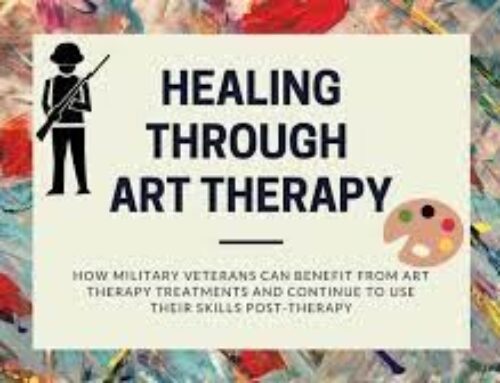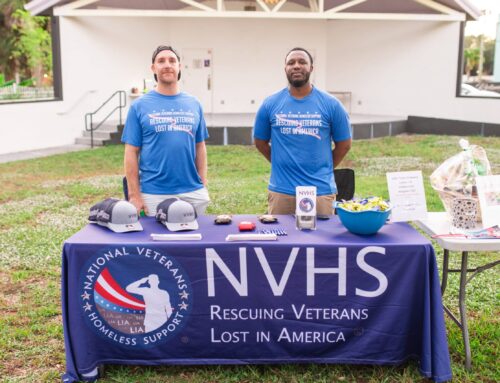Supporting Aging Veterans: Resources and Tips
The journey of aging veterans is marked by a unique set of challenges, often intensified by their service to the nation. Understanding the intricate needs of these heroes and offering suitable support is crucial in ensuring their well-being and dignity in their later years.
Understanding the Unique Needs of Aging Veterans
Many veterans face premature aging due to the physical and psychological stresses experienced during their service. This phenomenon can lead to the early onset of age-related diseases and disabilities, making aging in place for veterans a critical concern. Conditions such as PTSD, exposure to harmful substances, and the long-term effects of injuries can exacerbate the aging process, necessitating specialized care and support.
Resources and Tips for Supporting Aging Veterans
VA Benefits and Healthcare
The Department of Veterans Affairs (VA) offers comprehensive VA benefits for aging veterans, including healthcare, disability compensation, and pension programs. Navigating these benefits can be complex, but they are vital in addressing the health and financial needs of aging veterans. More information on navigating these benefits can be found at “VA Programs and Health Resources”.
Aging in Place and Home Adaptation
Many veterans prefer to age in place, living in their own homes rather than moving to assisted living facilities. This can be made possible through home adaptation grants provided by the VA, which help modify homes to meet the needs of disabled veterans.
Mental Health Support
The psychological impact of military service can be long-lasting. Access to mental health resources is crucial for aging veterans, particularly for those battling PTSD or other service-related mental health conditions.
Advocacy and Legal Assistance
Understanding and accessing the full range of benefits and services can be daunting for veterans and their families. Advocacy and legal assistance services can guide veterans through the process, ensuring they receive the benefits they are entitled to. Learn more about how to advocate for veterans’ rights here.
Social Engagement and Community Involvement
Staying socially active and engaged can significantly improve the quality of life for aging veterans. Community organizations and volunteer groups offer opportunities for veterans to connect with others, share experiences, and stay active. Discover ways to support veterans in your community at “Ways to Help Veterans”.
Information and Education
Educating veterans and their families about the resources available to them is key. These resources provide valuable information on a variety of topics as well as direct support relevant to aging veterans, from health resources to personal stories of resilience and survival.
So, what can be done to assist our aging veterans? It involves a comprehensive approach, incorporating healthcare, emotional support, and community involvement. By leveraging the available resources and continuing to advocate for their rights and needs, we can ensure that our aging veterans receive the respect, care, and support they deserve.
National Veterans Homeless Support seeks to eliminate homelessness among veterans in Central Florida and nationwide. NVHS takes a proactive, intervention-based approach to homelessness by meeting homeless veterans where they are and helping them from there. Through programs such as Search and Rescue Outreach, NVHS helps homeless veterans get the supplies they need to survive, connects them with support and resources, and helps them transition off the streets and into temporary or permanent housing. Some of our programs also include art therapy to help veterans heal. If you’re able, consider supporting our mission by donating or signing on as a volunteer.





